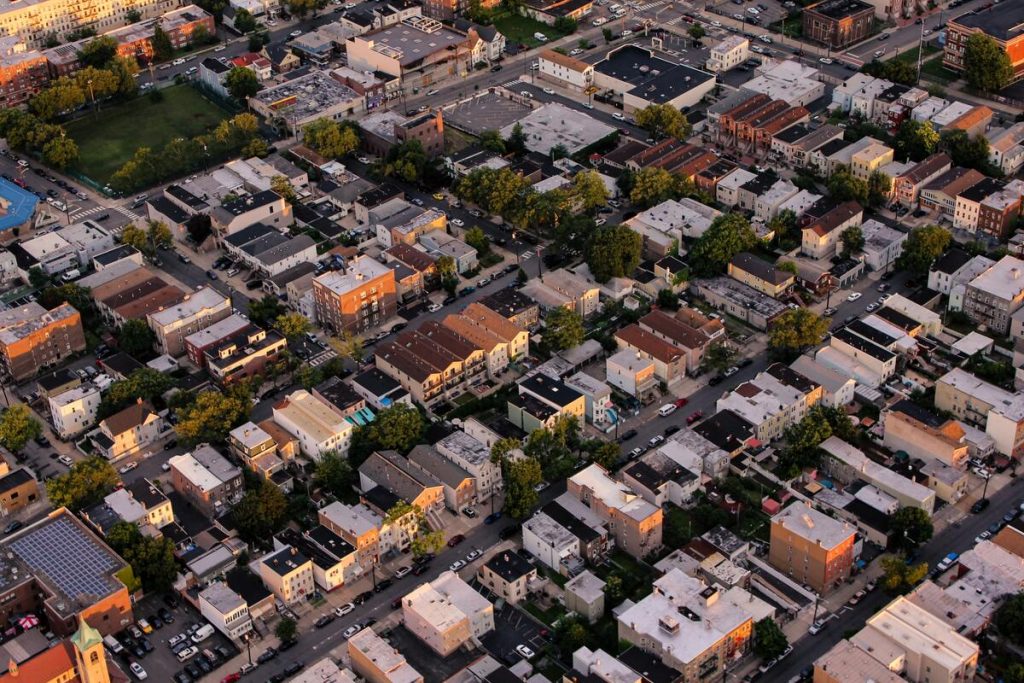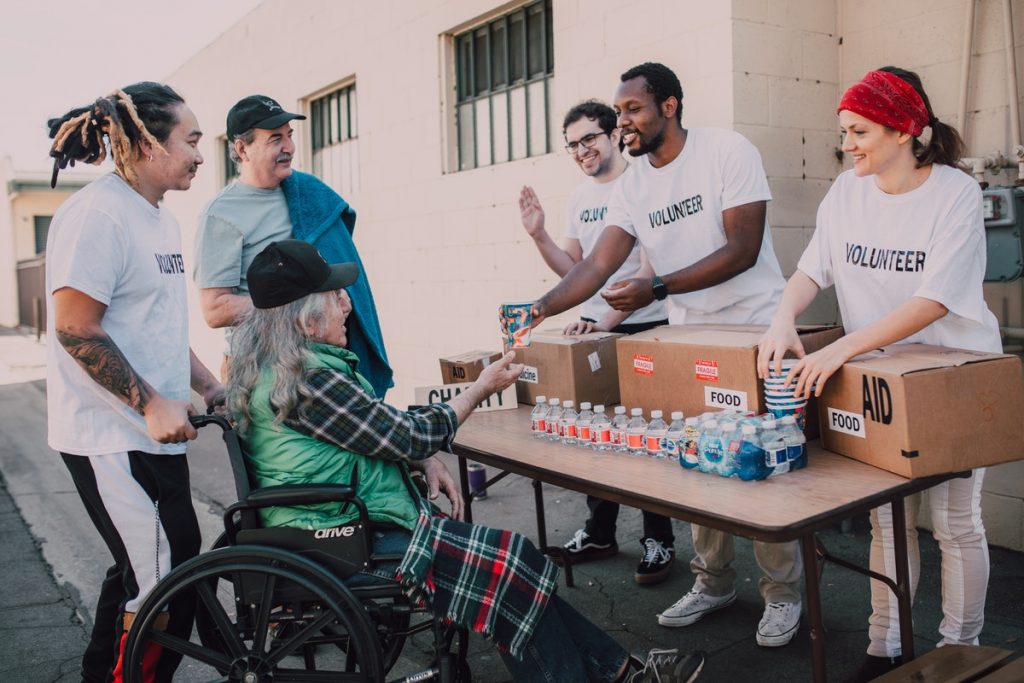For communities to function and thrive, cultural sensitivity is essential. This is particularly important because the U.S. is becoming more and more culturally diverse.
The analyses released by the U.S. Census Bureau in August 2021 showed that the country’s overall ethnic and racial diversity increased from 2010 to 2020. The Bureau measures this through the Diversity Index.
This means that if two people were randomly chosen in 2010, there would have been a 54.9% chance that they belonged to different ethnic or racial groups. Doing the same in 2020, there would have been a 61.1% chance that they were from different races or ethnic groups.
This article will discuss the importance of cultural sensitivity in community building and how it can be developed.
What is Cultural Sensitivity?
Cultural sensitivity is seeing and understanding the world from another person’s perspective. It involves being aware of and respectful of different cultures, even if they are different from your own. In a community, it may also mean adapting to certain customs or traditions.
Cultural sensitivity is important for several reasons. First, it helps to ensure that everyone in a community feels welcome and included. Second, it can help prevent misunderstandings or conflict. And third, it shows that people in the community care about and respect everyone else.
Cultural sensitivity is not always present, though. For instance, according to an article published by Pew Research Center in April 2022, 56% of Black Americans had negative experiences in health care, including receiving less care and less respect compared to others. Because of this, 31% prefer going to a black family physician or health care provider. Younger Black American women aged 18 to 49 are among those who are more likely to choose a Black doctor. It is, therefore, critical to have Black health care providers in communities.
Cultural sensitivity is essential to successful community building. That is because community building requires community members to work together willingly with respect and concern for each other. There are many ways to build cultural sensitivity into your community. Here are a few ideas to get you started.

Learning About the Cultures of Your Communities
One way to build cultural sensitivity is to simply get to know the different cultures in your community. Learn about their customs, traditions, and beliefs. This will help you understand and respect them.
You can learn about the culture of your neighbors in a number of ways. You can read books or articles, watch documentaries, or take classes. You can also attend cultural events or visit cultural centers.
Talking to People from Different Cultures
Another way to build cultural sensitivity is to talk to people from different cultures. Ask them about their experiences and what it is like to be a member of their culture. Listen to their stories and perspectives. This will give you a better understanding of their culture and how it is different from your own.
It can be difficult to start these types of conversations, but there are a few things you can do to make it easier. First, be patient and listen more than you talk. Second, try to find common ground. For example, if you are both parents, you can talk about your experiences raising children. Another easy topic that is sure to keep the conversation going is food and family recipes.
Respecting Different Cultures
Once you have a better understanding of the different cultures in your community, it is important to start respecting them. This means being open-minded and willing to accept different ways of thinking and doing things. It also means being aware of your own cultural biases and avoiding making assumptions about others.
One way to do this is to avoid making any judgments about people from other cultures. Another way is to be mindful of the language you use. For instance, using terms like “minority” or “ethnic” can be offensive to some people. It is always best to ask people how they would like to be described.
Inclusive Policies and Practices
Communities that are truly inclusive have policies and practices in place that reflect the cultural diversity of the community. This includes everything from the language used on signs and forms to the food served at community events.
One way to ensure that your policies and practices are inclusive is to consult with people from different cultures when making decisions. This could be done through focus groups, surveys, or one-on-one interviews. Another way to ensure inclusivity is to have a diverse group of people on your community’s board or in leadership positions.
Building Stronger Relationships Among Various Cultures in Communities
In order for communities to thrive, cultural sensitivity is essential. This means understanding and respecting the different cultures in your community. It also means being aware of your own cultural biases and avoiding making assumptions about others. Inclusive policies and practices are key to creating a truly inclusive community. Building stronger relationships among various cultures is another important way to strengthen community ties.





